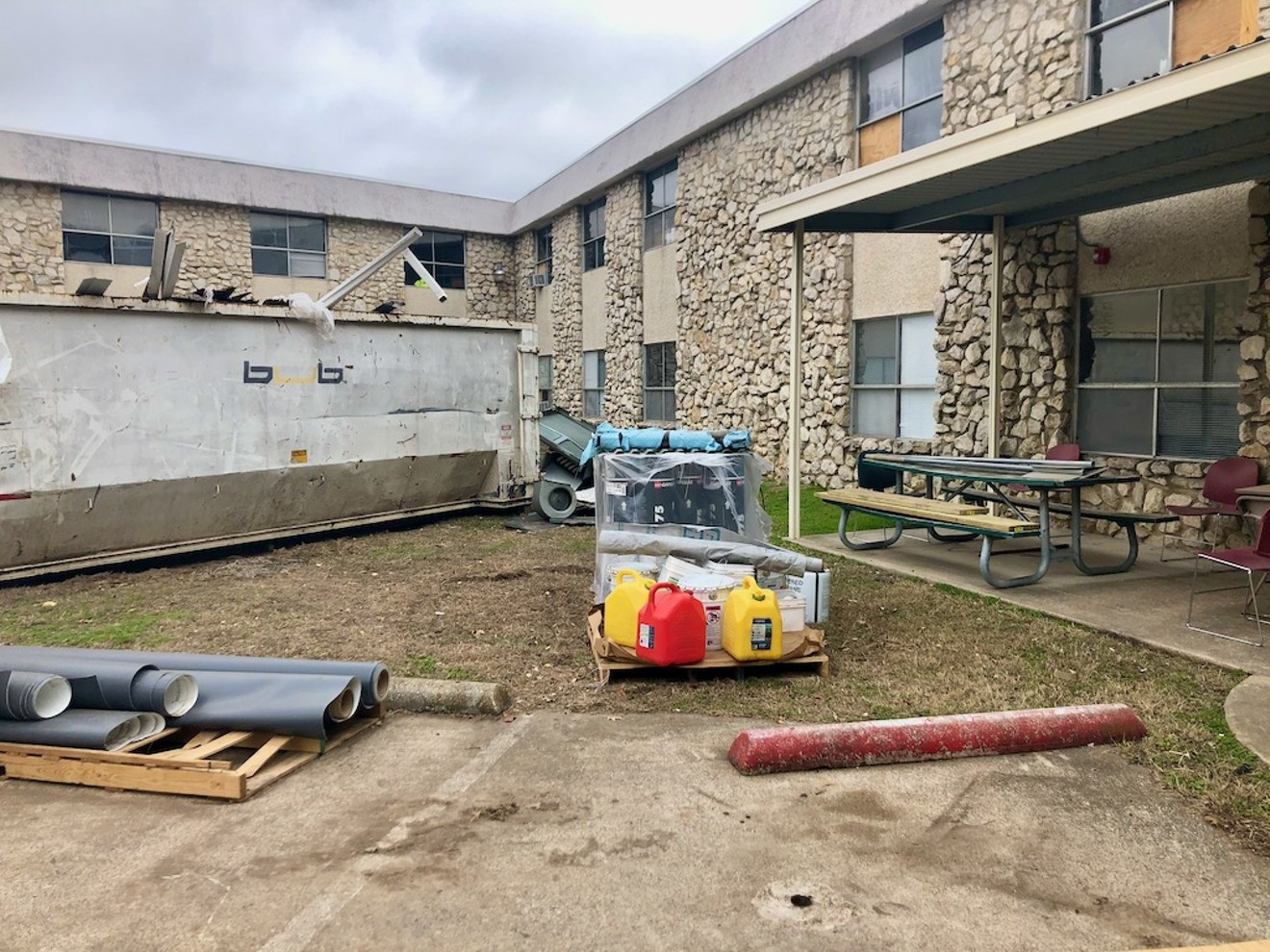District Attorney John Creuzot called it a “solution” to the city’s continued criminalization of homelessness and mental illness. “Ditto,” said Lynn Richardson, chief of the Dallas County Public Defender's Office, which represents many of the people affected.
Christina Smith, a program manager at the North Texas Behavioral Health Authority, said the center will be ready to go April 1. It’s going to be located at Homeward Bound’s substance abuse and mental health treatment facility in southern Dallas. Once it opens, police will be able to bring people with suspected mental illness to the center rather than jail.
Enthusiasm for the program is unsurprising, considering its potential financial benefits. When people with mental illness are picked up for minor, nonviolent offenses, they are rarely prosecuted. But because they can’t pay bail, they still languish in jail. This, Smith said, costs taxpayers thousands of dollars per year.
But when it came to funding, there wasn’t quite so much enthusiasm. Creuzot said the city is throwing in $100,000. But not yet.
“Once we get it going and get everybody's collaboration and cooperation, we will be ready to put that money on the table,” he said. He admitted it’s a small fraction of what’s needed.
The Dallas Morning News reported in October that the total cost could approach $1 million.
Smith said state funding for the project is available but it needs to be matched by local contributions. She was confident the program had enough money to launch next year but said it needs financial backers to step forward to ensure its long-term survival. The NTBHA is pursuing corporate partners, she said.
Dallas County Commissioner Elba Garcia, the chair of the county’s criminal justice advisory board, called it a “very good program” at the board's December meeting. She asked Smith to come back in a few months to deliver an update.“Once we get it going and get everybody's collaboration and cooperation, we will be ready to put that money on the table.” — John Creuzot
tweet this
Right now, Homeward Bound is renovating an empty wing for the 16-bed diversion center. The roof has been redone and the installation of a new HVAC system is halfway complete.
Smith told the room of country administrators and police chiefs that she was looking for volunteers “who like to roll a paintbrush.”
For now, the program is limited to the South Central precinct, which has the most mental health-related calls. But Smith said the program could be expanded citywide depending on how the initial rollout goes.
This is only the latest attempt by the county to handle the growing number of 911 calls resulting from mental illness, which is crowding emergency rooms and turning jails into de facto mental health institutions. Earlier this year, the NTBHA opened a "Living Room" in southern Dallas to help people with mental illness smoothly transition from institutionalization to the community.
Like the Living Room, Homeward Bound will offer behavior health screenings, limited medical care and housing assistance.
"It's going to be a one-stop shop," said Doug Denton, executive director of Homeward Bound. To illustrate the benefits of bringing people to the center, he said that nine people experiencing mental health crises recently came to Homeward Bound's facility seeking emergency psychiatric care. Only two ended up being taken to the emergency room.
Without Homeward Bound intervening, they all would have ended up at county-run Parkland Hospital. That would "cost everybody a lot of money," Denton said.
Of the intervention program, he added, "I think it’s gonna work."












